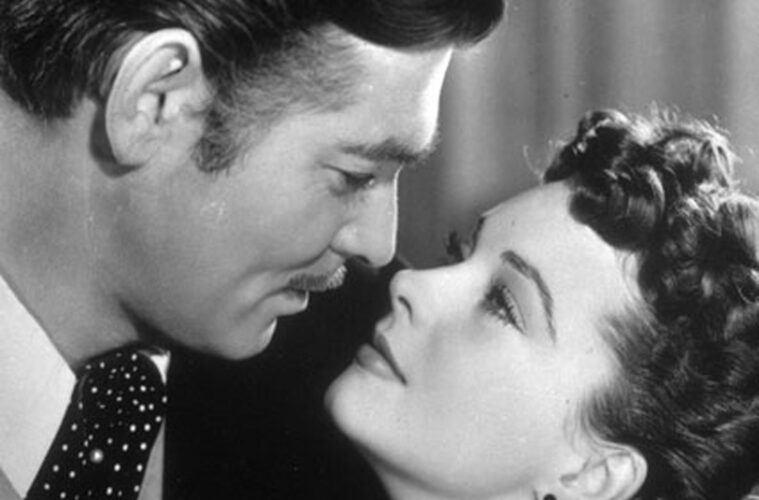If you grew up watching romantic movies or reading popular magazines for advice, you may have taken on some advice from Hollywood about love without even realizing it. While everyone knows that movies are unrealistic, it doesn’t stop us from wishing that life looked like it does in the movies or accepting what we see on the screen as truth. Celebrities are often at the forefront of starting new trends and sharing their opinions about every latest issue happening in the world. Love is no exception. Whether you’re reading advice from an Instagram post or gathering it from a movie, Hollywood always has something to say about this four-letter word.
While you may be able to relate to the situations you read about or see, it can be hard to know whether or not to trust the advice you’re being given. In a typical Hollywood movie, a woman who falls in love with a married man might end up with their happily ever after. The “other woman” (who was cheated on) may realize they were married to the wrong guy and ends up finding her one true love. However, apply that same situation to real life, and things are often much more complicated. This is where you have to discern between Hollywood and real life. If you find yourself in a situation like the one above, or any other tricky situation involving relationships or love, consider reaching out for help from a real life human on a platform like BetterHelp. Most of the time, love is complex and messy, and Hollywood isn’t always the best place to turn to for help.
Advice From Hollywood
Below are some common pieces of advice you probably have picked up from Hollywood over the years. Take a moment to consider how these snippets of advice may have impacted your life. Then, consider whether they are more true or false and whether they’re worth holding onto:
- Love at first sight: How many movies can you name that are based around love at first sight? Probably lots of them. While love at first sight may happen for some people, it’s likely pretty rare. Usually, relationships develop over time as two people get to know one another. Eventually, it blossoms into something deeper and more serious.
- The “one”: If you’ve gone through life thinking there is only one person meant for you, you may find yourself feeling down each time it doesn’t work out with someone. The reality is that there are multiple people for you who would make great partners, not just one.
- Thin is attractive: Have you ever felt like you need to be stick-skinny to find a good partner? Maybe you’ve felt like the only thing you had going for you is your body. Hollywood has long been obsessed with body image, even though real people care about a lot more than how their partner looks. Things like personality, passions, and interests are just as important to most people when looking for a potential partner.
- Big gestures: Hollywood teaches us that when someone messes up, they’ll do literally anything to win you back. More often than not, “winning you back” looks like a simple apology and talking things out. Big gestures look great and romantic on the big screen, but rarely are they a thing in real life.
The bottom line is that you should assess your own morals and beliefs before blindly accepting any of Hollywood’s advice about love. While some of what you see and read might be helpful, you also have to remember that it’s not based entirely in reality. Celebrities are real people with real problems, desires, and dreams, but their lives look very different from the average person’s. It’s important to pay attention to the source of the advice you’re receiving. If someone who has been divorced and remarried five separate times is trying to give you advice about love, it may be best to take that advice with a grain of salt. Hollywood’s main purpose is to entertain, so don’t forget that when you’re considering taking its advice at face value.
Published on Holr Magazine
Marie Miguel Biography
Marie Miguel has been a writing and research expert for nearly a decade, covering a variety of health- related topics. Currently, she is contributing to the expansion and growth of a free online mental health resource with BetterHelp.com. With an interest and dedication to addressing stigmas associated with mental health, she continues to specifically target subjects related to anxiety and depression


